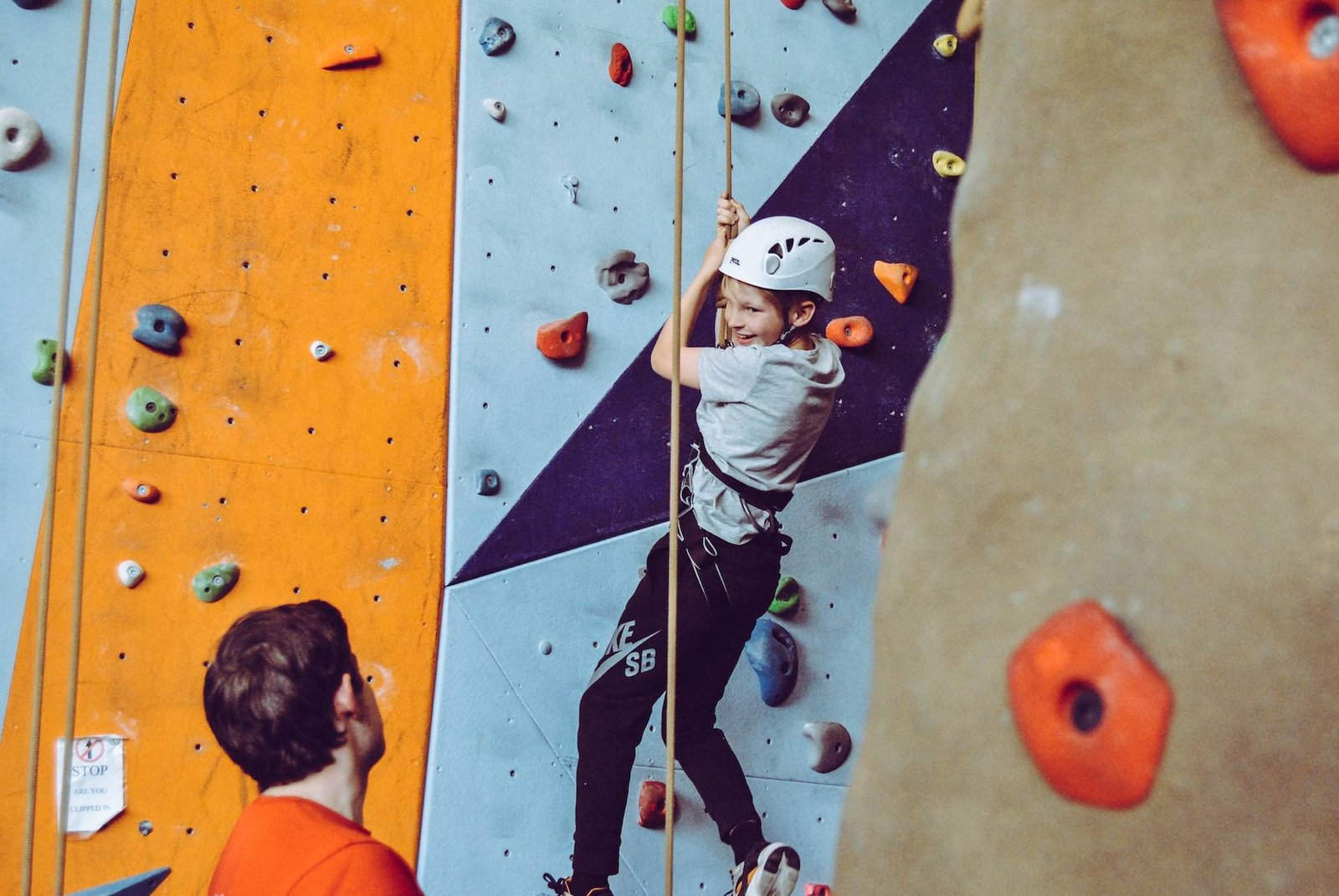How Sport can Help Young People Overcome Challenges
June 25, 2024

June 25, 2024
Among the most significant roles played by sport is that of an educational tool.
It’s not just about its ability to trigger physical and mental well-being, but also about its pivotal function in the socio-emotional growth of the younger generation.
Through it, they learn to interpret the complex fabric of social and personal life, cultivating essential qualities such as loyalty, collaboration, and respect.
Team Means Collaboration
The first concept we learn is that of collaboration.
In a social context dominated by hyper-connectivity and cross-functional teamwork, understanding the value of collaboration is crucial.
Indeed, by practicing team sports, young people learn the importance of communication and individual sacrifice for the collective good.
Resilient on Both Sport and Life
Literally, resilience indicates the predisposition of a material to absorb an impact without breaking.
In psychology, however, it is defined as the virtue of coping, resisting, and reorganizing one’s life after experiencing negative and traumatic events.
Accepting defeats, rejections, and managing pressure are skills effectively taught by sport, translating into life competencies and preparing us to face personal and professional challenges with tenacity.
Leadership and Decision-Making Autonomy
Furthermore, sport develops leadership and decision-making autonomy.
By taking on the role of a captain or managing critical game situations, young people must make quick and responsible decisions.
Every professional field requires these skills.
Inclusion and Respect
The sporting environment is a microcosm of society where inclusion and respect hold a significant place.
Sport teaches to respect opponents and teammates regardless of their background.
In a globalized corporate context where diversity and inclusion are true pillars, this aspect is particularly impactful.
Psychophysical Well-Being
Finally, the importance of physical and mental health cannot be underestimated.
Regular training improves not only physical fitness but also mental health, reducing stress and anxiety.
This increases productivity in both academic and professional settings.
Sport is More Than Just a Game
Sport is much more than just a game; it’s a multifaceted educational tool that provides young people with essential skills.
Through sports participation, young people learn to work as a team, to be resilient, to develop leadership attitudes, to respect diversity, and to maintain a healthy balance between mind and body.
In a rapidly evolving world, these qualities are more valuable than ever.
If you’d like a free consultation to discover what kind of sponsorship might suit you, contact us. We’re waiting for you!
Recent Posts
- The Body Remembers: How Sports Unlock Emotional Memory
- How to Use Sports Sponsorships to Reduce Business Taxes
- Injury Prevention: The Best Diet for Muscle and Joint Protection
- Tailored Financial Solutions: The Competitive Edge for Growth-Driven Companies
- Sports Sponsorships: A Powerful Tax Planning and Marketing Tool
Categories
Completely synergize resource is taxing relationships via premier are man niche markets. Professionally cultivate one to one customer.